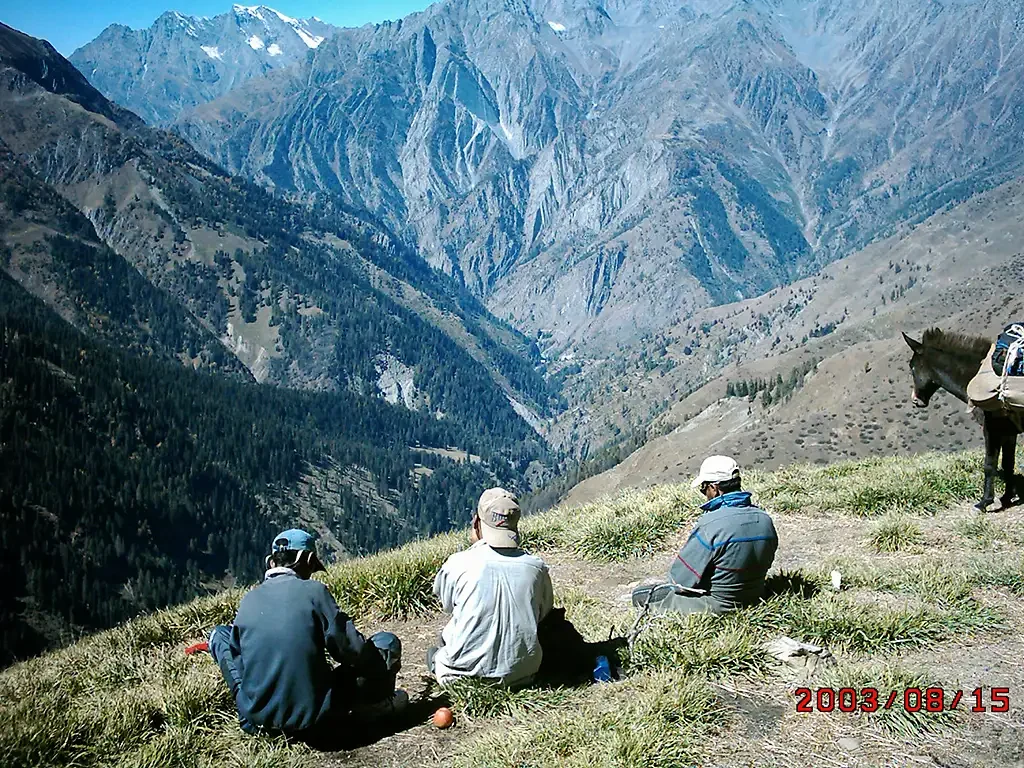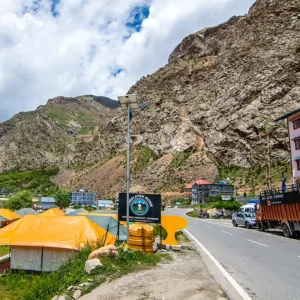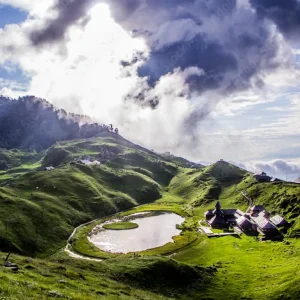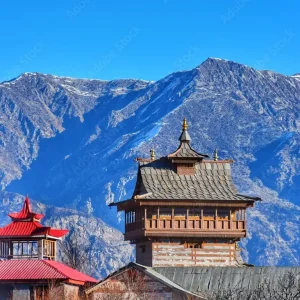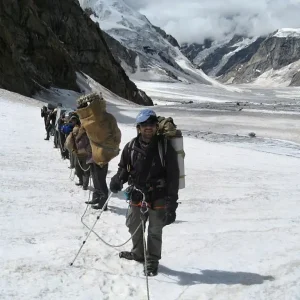Description
The alpine terrain between the Kullu Valley and Dharamshala is one of the most spectacular and little known regions of the Western Himalaya. The Bara Bhangal trek takes one from the lush green Kullu valley to the steak landscapes of Bara Bhangal range.
The Bara Bhangal trail, crossing the Dhauladhar range to connect the Kullu and Kangra valleys, is one of the most challenging routes starting from the Kullu Valley. The long and isolated route involves crossing two high altitude passes – Kalihani Pass at 4725 m and Thamsar Pass at 4875 m – and descending to the remote Bara Bhangal village – walk away from civilization by any route and cut off from the rest of the world for the better half of the year.
This trek is challenging and thus must be attempted by experienced trekkers only. The trail takes you across green grasslands, flower-laden campsites, meandering rivers, numerous waterfalls, moraines and glaciers, glacial lakes and some of the most outstanding scenery. The passes give you epic views of the some of the prominent peaks of the Dhauladhar and Pir Panjal range of Himalayas. The best time to do this trek is in the pre-monsoon month of June or in the post-monsoon months of mid-September and October.
